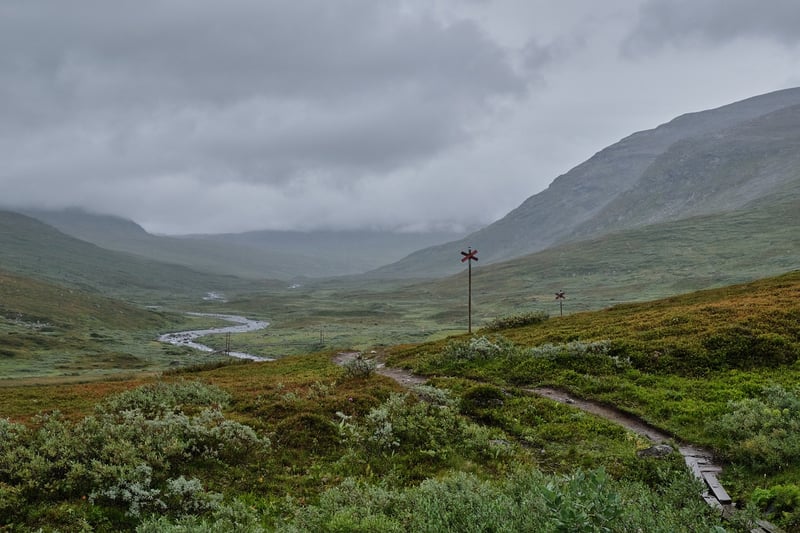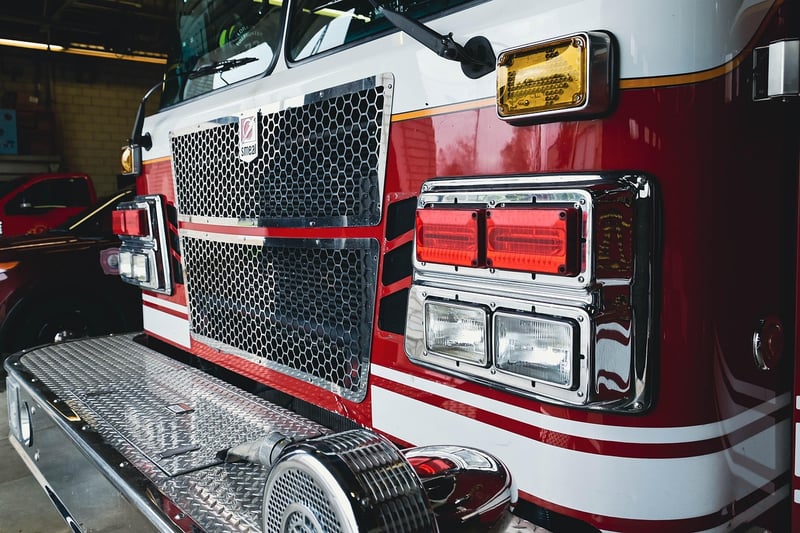Emergency Preparedness
Ensuring a Secure Adventure: Emergency Preparedness Guide
Introduction
Embarking on an adventure, whether hiking in the mountains or camping in the wilderness, is an exhilarating experience. However, it's crucial to prioritize safety and be prepared for emergencies to make the most of your journey. This guide will provide you with essential tips on how to ensure a secure adventure through proper emergency preparedness.
1. Plan Ahead
Before setting off on your adventure, research the area you will be visiting. Familiarize yourself with the terrain, weather conditions, and any potential risks. Plan your route and inform someone of your itinerary, including expected return times.
2. Pack Essentials
Ensure you have the necessary gear and supplies for your adventure. This includes a first aid kit, navigation tools, extra food and water, emergency shelter, and a multi-tool. Dress appropriately for the weather and terrain.
3. Emergency Communication
Carry a fully charged cell phone, a portable charger, and a whistle for signaling in case of emergencies. Consider investing in a satellite phone or emergency locator beacon for remote locations.
4. Stay Informed
Check the weather forecast before your adventure and be aware of any potential hazards. Stay updated on local conditions and be prepared to adjust your plans accordingly to ensure your safety.
5. Emergency Response Plan
Develop an emergency response plan with your adventure companions. Discuss what to do in case of an injury, getting lost, or encountering wildlife. Assign roles and responsibilities to each member to streamline decision-making in emergencies.
6. Leave No Trace
Respect the environment and wildlife during your adventure. Follow Leave No Trace principles to minimize your impact on nature and preserve the wilderness for future generations.
7. Training and Skills
Equip yourself with basic survival skills such as building a shelter, starting a fire, and navigation. Consider taking a wilderness first aid course to handle medical emergencies in remote locations.
Conclusion
By following these essential tips for emergency preparedness, you can ensure a secure adventure during your outdoor escapades. Remember that safety should always be a priority, and being prepared for emergencies will enhance your overall experience and peace of mind.
Stay safe and enjoy your next adventure!

For more adventure and safety tips, visit Adventure Safety Guide.
